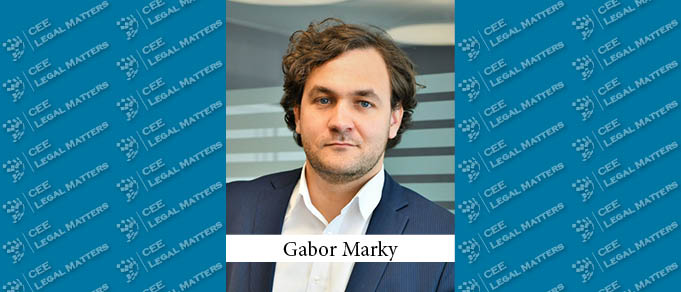In accordance with worldwide trends, Hungarian public markets are not showing the signs of exponential growth that private markets are. The legislative environment for public listings has not changed significantly in Hungary since 2019, when Act CXX of 2001 on the Capital Market was heavily amended in order to be fully harmonized with the European Union’s Prospectus Regulation (2017/1129 EU). That modification made public issuances easier, as it dispensed with the requirement that prospectuses must be prepared for listings of securities with unit values of at least EUR 100,000.
Partly due to the stability and the predictable legal environment, Hungary remains a relatively attractive target for public issuances, demonstrated by the several new listings on Budapest Stock Exchange (BSE) last year, even in the middle of the economic slowdown of 2020.
Private Markets – Attractive Atmosphere
It is safe to say that the CEE region has been a popular target for venture capital and private equity investments for the past half-decade. Although opinions differ as to the catalysing factors of this trend, all can agree that the relatively stable and EU-harmonized legal and regulatory environment, investor-friendly tax rates, the high number of well-educated IT professionals, and the lower cost of human resources, together with both EU and state-founded incentives, are contributing factors. These conditions led to two significant opportunities in Hungary: to invest in the country or to found a start-up.
Investors and inventive minds have realized these competitive advantages, and billions of euros have been injected into the CEE region in recent years in the form of private equity and venture capital investments – a trend that continues to increase despite the COVID-19 crisis. It is a common understanding between market experts that the potential in the region is far from exhausted, and that there is more space for growth. This is absolutely supported by the fact that the start-up culture is constantly developing in Hungary, as, in addition to the presence of VC funds specialized in different areas of growth with private investors, the infrastructure exists for start-up founders to receive world-class mentoring.
Due to this open environment full of possibilities, the landscape is colorful in terms of domestic investors, but it is far from full, and there are plenty of opportunities for foreign investors as well. In the current situation, investors looking for potential targets are prioritizing start-ups providing some sort of remote solution in their particular field of operation and contributing to the remote service of consumer needs.
As far as the domestic situation is concerned, the focus of investors in Hungary is on companies at an early stage of development, with older companies typically forming a secondary point of interest. Investing in earlier-stage companies makes it possible for investors to limit their risks: at first, a smaller amount of money is typically transferred, with additional capital injections being disbursed following the achievement of certain development milestones. The incentive to growth obviously lies in the provided financial assets primarily, but managerial rights, veto rights, co-decision, removal rights, tag-along and drag-along rights, among others, are also crucial instruments to achieve the desired end result. A grounded investment decision requires detailed legal due diligence, and once the decision to enter into the transaction is finally made, the investor needs an effective shareholder agreement to secure a return with the possible highest probability and to provide security and easily enforceable preferential rights.
Needless to say, during the pandemic, the importance of being protected from unexpected changes has significantly increased, and unusual times require unusual measures: the scale of material adverse change clauses has widened and early-exit options are appreciated.
To this end, it is indispensable for investors to hire the highest-level quality legal counsel – one who has both an international perspective and a familiarity with local regulations, and who can guide them through the whole transaction process.
By Gabor Marky, Partner, bpv Jadi Nemeth
This Article was originally published in Issue 8.2 of the CEE Legal Matters Magazine. If you would like to receive a hard copy of the magazine, you can subscribe here.




